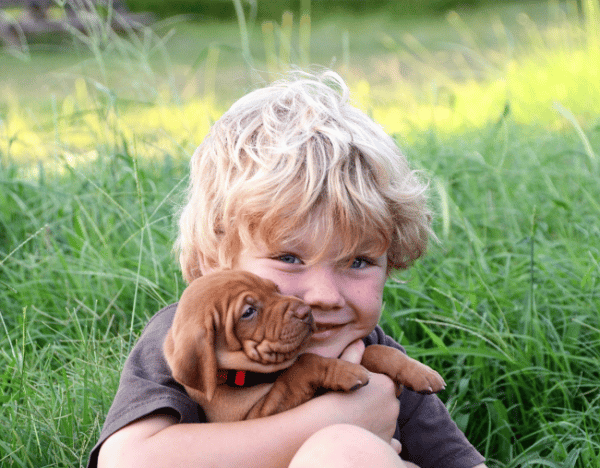When I was little and busy celebrating my sister’s birthday, something very, very bad happened.
I killed her budgie. Her budgie named Lucky. The budgie that was her birthday present. You know, on her birthday.
I didn’t mean to kill the bird. It was an awful, intensely traumatic experience – yes – but one that never happened with malicious intent. I was young, and I didn’t understand that budgies do NOT belong at parties, let alone in a lounge room full of bustling, excitable, jumpy children.
I’m still affected by that accident to this day.
That’s why when I read a mother’s plea for help on an online parenting forum, titled “Our four-year-old killed our puppy”, my stomach did a flip.
After finding the family’s new puppy motionless in their backyard, the anonymous mother explained she checked the household security camera to see what had happened.





























































































